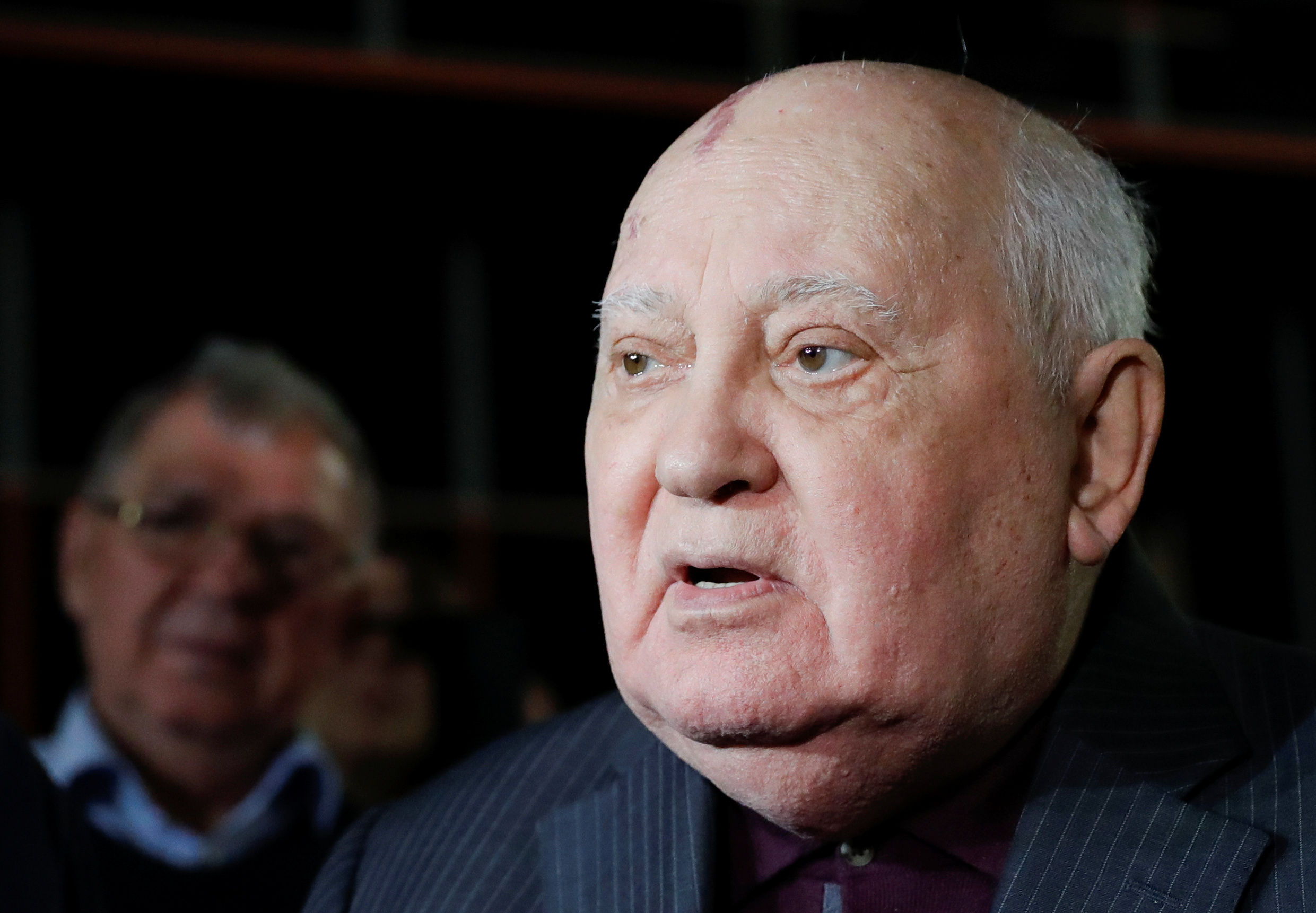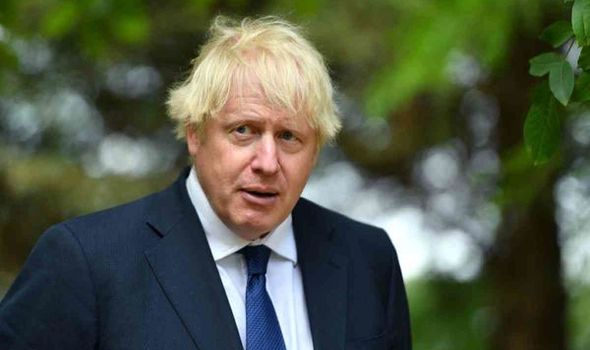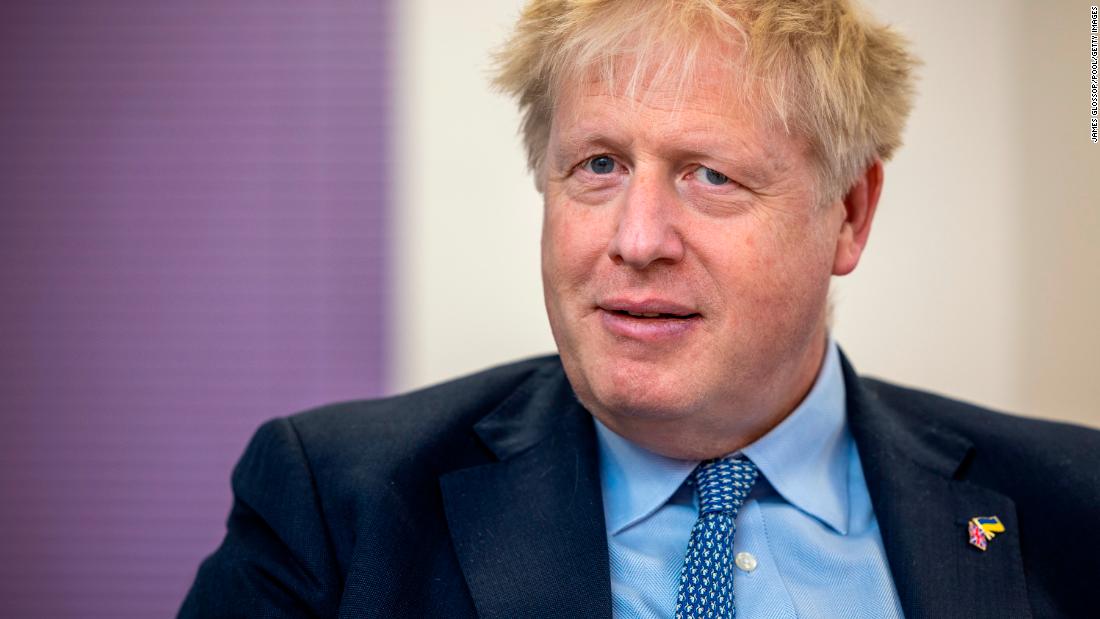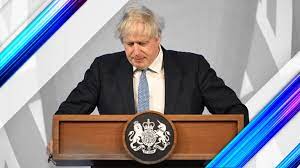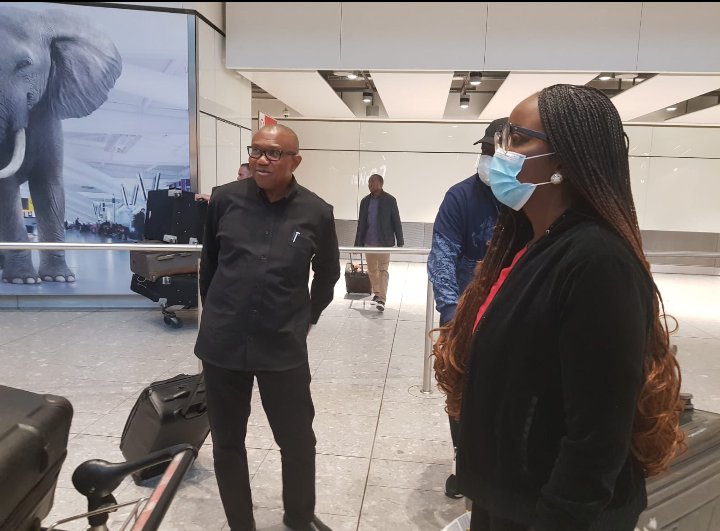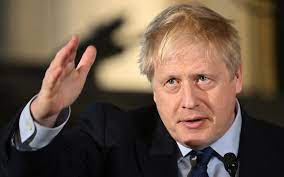Former Soviet President, Mikhail Gorbachev, 91, who ended the Cold War, is dead.
The Central Clinical Hospital reported on Tuesday that Gorbachev died “after a serious and long illness”.
He was 91 years old. A more specific cause of death was not immediately clear.
Gorbachev will be buried at Moscow’s Novo-Dyevitchiye cemetery, next to his wife, Raisa, Russia’s state-run news agency Tass reported.
TheNewsGuru.com reports that Gorbachev was the last leader of the Soviet Union before it dissolved.
He ruled as general secretary of the Communist Party of the Soviet Union from 1985 until 1991 and was the country’s only president, a title he took in the waning months of his time in office.
As the Soviet flag was lowered for the last time at the Kremlin in Moscow, Gorbachev had no choice but to resign
Young and energetic, his rise in the ’80s signaled a new spring for what was then one of the world’s two superpowers. A political insider with a view to the outside, Gorbachev set into motion radical reforms that led to a series of unintended events.
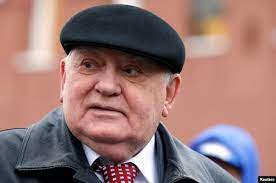
He tore through the Iron Curtain between the USSR and the West by opening relations with the U.S., agreeing to a series of crucial summits soon after taking power. He signed treaties to reduce the size of his country’s nuclear arsenal and, in a well-received reversal in military policy, he withdrew troops from a nine-year war in Afghanistan.
Domestically, Gorbachev had two trademarks: more transparency and freedom, a policy known as glasnost and bold economic reform, or perestroika.
It was not, ultimately, a winning combination.
Glasnost brought a feeling of liberation and empowerment to the Soviet people and when his economic policies didn’t work, they weren’t afraid to express their disillusionment.
Gorbachev’s vision was to legitimize communism by putting a democratic face on it. He didn’t seem to realize that his people would start demanding the real thing.
Discontent spread like wildfire to the countries of the East bloc. And Gorbachev allowed peaceful revolutions to happen. In 1989, the Berlin Wall came down.
Gorbachev was revered in the West for ending the Cold War. He was ridiculed and ultimately reviled by many at home for the collapse of the country and the bleak years that followed, in the ’90s.
As the Soviet flag was lowered for the last time at the Kremlin in Moscow, Gorbachev had no choice but to resign.
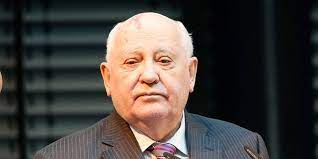
“We live in a new world,” he said in his farewell address. “The Cold War has ended, the arms race has stopped, as has the insane militarization which mutilated our economy, public psyche and morals. The threat of a world war has been removed. Once again, I want to stress that on my part everything was done during the transition period to preserve reliable control of the nuclear weapons.”
Others benefitted far more from his changes than he did.
His political rival, Boris Yeltsin, rose out of the post-Soviet chaos. When Gorbachev ran against Yeltsin, he received less than 1% of the vote, a humiliating end to his political career.
But the Nobel Peace Prize winner- so honored, the Nobel organization said, “for the leading role he played in the radical changes in East-West relations”- remained a man of influence.
“After his closest ally, wife Raisa, died in 1999, Gorbachev devoted himself to campaigning for environmental causes. And he continually called for nuclear disarmament, warning in 2019 that renewed tension between Russia and the West was putting the world at “colossal” risk.
“As long as weapons of mass destruction exist, primarily nuclear weapons, the danger is colossal, irrespective of any political decisions that may be made.”
Five years after his resignation, Gorbachev published the book “Memoirs” — which recounted his childhood, political rise and his fall as the Soviet Union’s last leader.
“I am the principle witness and the principal person who bears responsibility for what happened,” Gorbachev said of his decision to write, “and I believed it was important for me to explain my position about why I started reforms, why I came around to the view that reforms were necessary and how difficult the process was.”
“The more I think about my life, the more I see that the biggest and most important events took place unexpectedly. Absolutely,” he said at the time.
Tributes poured in Tuesday from world leaders after news of Gorbachev’s death.
British Prime Minister, Boris Johnson
“I’m saddened to hear of the death of Gorbachev. I always admired the courage & integrity he showed in bringing the Cold War to a peaceful conclusion. In a time of Putin’s aggression in Ukraine, his tireless commitment to opening up Soviet society remains an example to us all,” Johnson tweeted.
Former U.S. Secretary of State, Condoleezza Rice, described Gorbachev as a “man who tried to deliver a better life for his people.”
